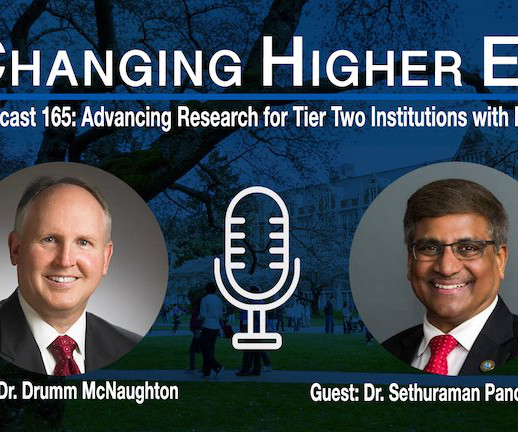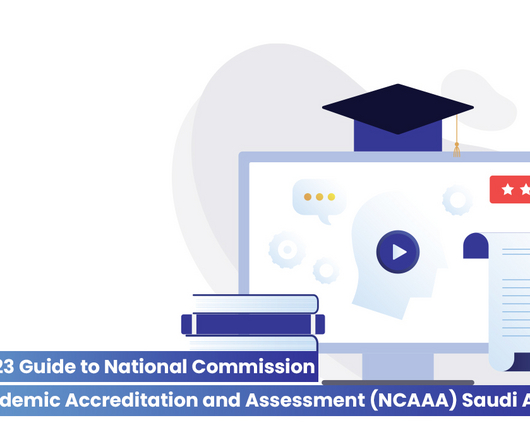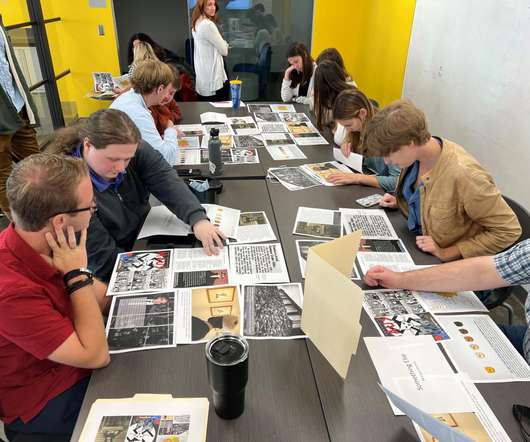Creating Safe Spaces: Future Teachers of Color Summit
The Scholarly Teacher
DECEMBER 20, 2023
Research shows that having BIPOC teachers benefits BIPOC students, providing numerous positive protective factors (Burciaga & Kohli, 2018; Easton-Brooks, 2019; Morales et al., Although nationwide efforts are necessary, we must establish local initiatives directly supporting our BIPOC teacher candidates (Kohli, 2018; Valenzuela, 2017).












Let's personalize your content